Amanda Niehaus

Formerly a successful academic scientist in the fields of animal migration, ageing, and reproduction, author Dr Amanda Niehaus is now known for engaging writing, talks, and workshops that integrate science, literature, and art.
In her creative work, Amanda weaves her experiences in the laboratory and field (e.g. Alaska, Argentina, NT, Queensland, British Columbia) with her understanding of diverse scientific concepts to create fiction and nonfiction that illuminates science in new, empathetic ways. She has presented talks, interviews or panels at numerous literary festivals; bookstore and library events; scientific, writing, and teaching conferences; and run generative workshops on storytelling, effective writing, and the environment.
Amanda is the author of the widely-acclaimed debut novel The Breeding Season, hailed as a ‘masterpiece in 30 compact chapters’ (Ken Haley, Q Weekend) and selected as a best book of 2019 (Glyn Davis, Australian Book Review). She has published widely across international outlets including top science journal Nature. Her short story Breeding Season’(2018, Overland) won the 2017 Victoria University Short Story Prize and her essay Pluripotent (2017, Creative Nonfiction) was nominated for a prestigious Pushcart Prize and anthologised in the 2017 Best Australian Essays.
Amanda’s school sessions integrate strands of the National Science Curriculum (Science Understanding, Science as a Human Endeavour, and Science Inquiry Skills) with those of the National English Curriculum (Language, Literature, and Literacy) to demonstrate the role of literature in communicating science more effectively. Using images, manuscript drafts, and literary excerpts, Amanda shows students where to find artistic inspiration in science and how to use stories from their own lives to more effectively communicate scientific and environmental messages.
Check out Amanda’s radio interview with Sarah Kanofsky on ABC ‘Conversations’ here, where she discusses cancer, motherhood, science, and writing:
Amanda's ABC Interview

Adults/Teens
Writing for Impact: (for science students/scientists)
Learn how to use storytelling techniques to communicate scientific ideas more effectively in any form. We will break down the components of story, learn to recognise them in the world around us, and generate new material.
Writing the Environment:
We will think about the important stories in our lives—our lived experiences, family histories, folk tales and other stories that have shaped who we are—and then relate these stories to the environment and environmental issues. We will discuss how personal stories can help readers better connect with scientific ideas and environmental principles, prompting change.
Writing Bodies - Part 1:
We will explore aspects of the body, including the evolution of bodily forms, the names of organs, and the regenerative capacity of cells, and discuss how we can use them to frame and prompt new work and improve characterisation. We will generate new material based on textual and sensory prompts.
Writing Bodies - Part 2:
For many of us, our bodies take on different roles over our lives: growth spurts, puberty, reproduction, disability, illness, ageing. We will look at the ways that our bodies mark our lived experiences, via our microbiota, shifts in the expression of our DNA, immunity, and the accumulation of scar tissue, microchimerisms, and latent viruses. We will discuss the metaphorical and physical weight of lived experiences, their portrayal in literature, and experiment with literary and biological prompts to create new work.
Science in the World:
Worldwide, public attitudes toward science are shifting as scientific facts are inundated by and confused with opinions, speculations, and falsehoods. Clearly, scientific evidence alone is not sufficient to incite action on the major scientific issues of our time, including climate change. So how do we encourage people to feel science? We will discuss how fiction can convey truth more powerfully than nonfiction, building empathy with audiences and showing them how diverse human experiences (including their own) fit into the known and unknown world. We will use examples of science-in-fiction to communicate scientific ideas in new ways.
Testimonials
The Breeding Season

